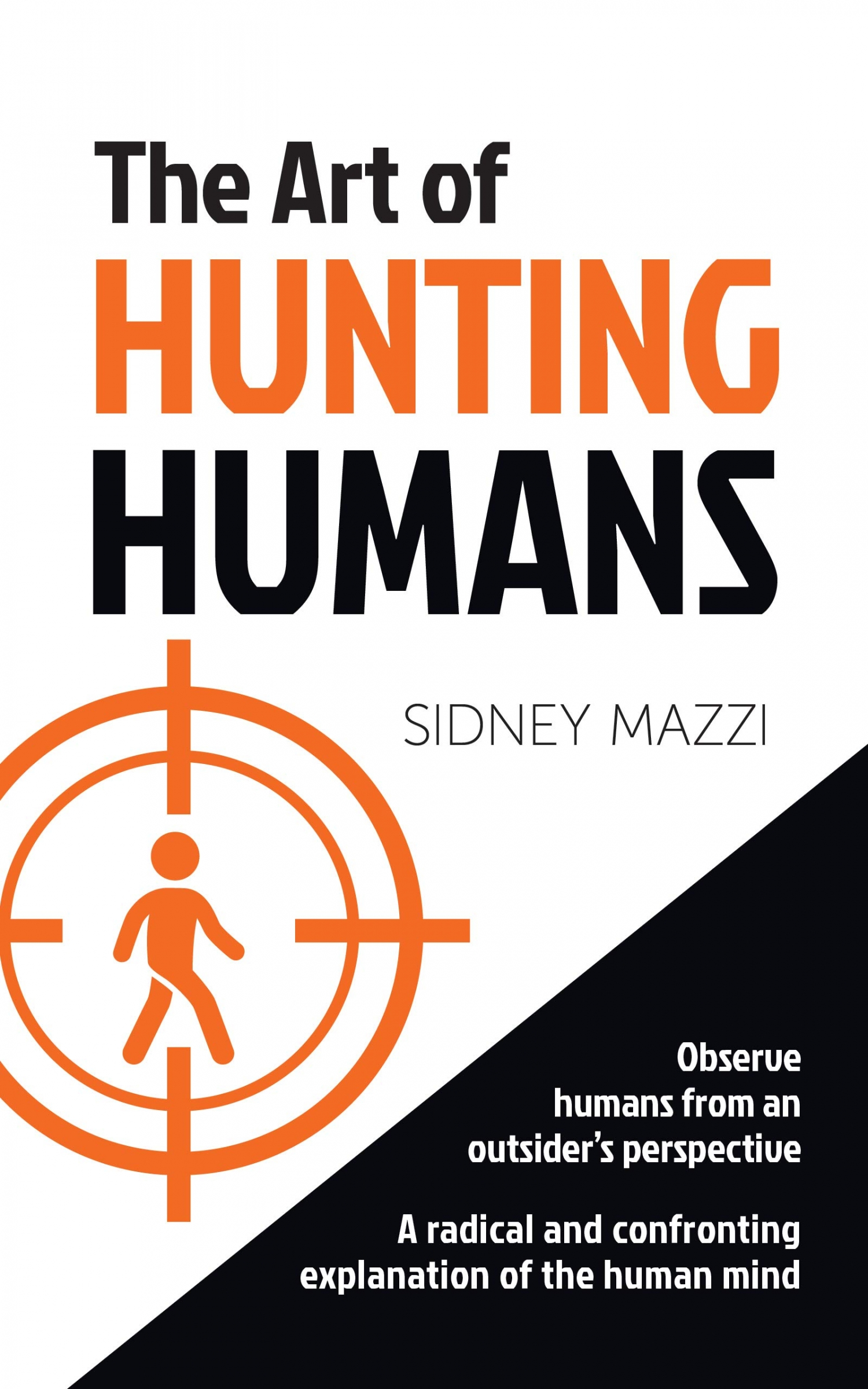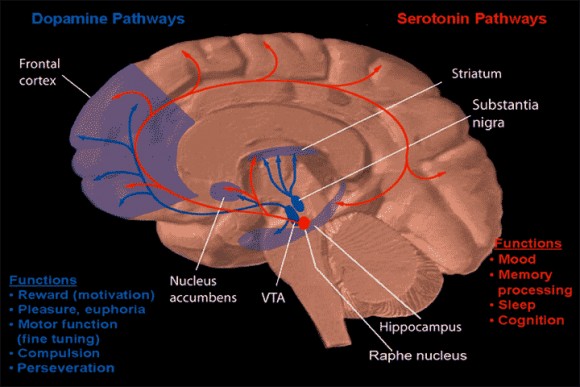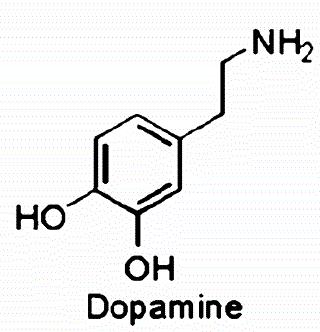-
BASIC DRUG
DISCUSSIONWelcome to Bluelight! Posting Rules Bluelight Rules Benzo Chart Opioids Chart Drug Terms Need Help?? Drugs 101 Brain & Addiction Tired of your habit? Struggling to cope?
Want to regain control or get sober?
Visit our Recovery Support Forums -
BDD Moderators: Keif’ Richards | negrogesic
You are using an out of date browser. It may not display this or other websites correctly.
You should upgrade or use an alternative browser.
You should upgrade or use an alternative browser.
Harm Reduction The Brain and Addiction
- Thread starter neversickanymore
- Start date
RV Mystery Journey
Bluelighter
- Joined
- Mar 3, 2020
- Messages
- 99
Good stuff
hellopsydoc
Greenlighter
- Joined
- Apr 23, 2020
- Messages
- 18
There is a dilemma when love of drugs surpasses love and regard of people that we dwell with. Drugs are avoided as a cure because it can literally give anxiety to the family members. People who opt to live alone and self-administer drugs can fall into trouble themselves. Heavy dosage or under dosage is something that needs to be properly monitored. Most of people will ultimately lose their "schedule" of medicines. As far as issue of dopamine- this is what needs to be managed in consistent ADD/ADHD. I do believe in "constant" group support systems more!
- Joined
- Jan 23, 2013
- Messages
- 30,585
This publication presents many topics that agree with and expand on those presented in our thread.
- Joined
- Jan 23, 2013
- Messages
- 30,585
This thread is the business @neversickanymore - Its really enhanced my understanding in this area
As an aside I've been really enjoying reading Never Enough by Judith Grisel which has been a great overview of the neuroscience of addiction from the perspective of a recovering addict.
just loaded this up on audible
- Joined
- Jan 23, 2013
- Messages
- 30,585
This work uses a unique presentation and often delivers ideas and concepts in line with this thread.

 www.forewordreviews.com
www.forewordreviews.com

Review of The Art of Hunting Humans
The Art of Hunting Humans: Taking a satirical approach to human psychology, "The Art of Hunting Humans" removes the baggage from study and uncovers ideas that feel fresh and exciting. Sidney Mazzi’s tongue-in-cheek psychology book "The Art of Hunting Humans" analyzes...
Last edited:
darvocet21
Bluelighter
- Joined
- May 31, 2021
- Messages
- 25,635
Excellent, very good summary of a complex issue!Limbic System Diagram
Whats Going On In The Brian With Addiction?
For what the flesh desires is opposed to the Spirit, and what
the Spirit desires is opposed to the flesh; for these are opposed
to each other, to prevent you from doing what you want.
—St. Paul, Galatians 5:171
If Passion drives, let Reason hold the Reins.
—Benjamin Franklin
The biggest delusion we face, when understanding addiction or human behavior, is the false belief that the conscious mind is in control of our actions. At best, the prefrontal cortex or conscious mind, is only responsible for a portion of our actions and shares control with another, more elusive part of the brain. In reality, the conscious mind may just be a tool that is manipulated through emotion, to solve the problems that our unconscious mind has which are preventing its goals. The unconscious mind is the limbic system or paleomammalian sections of the Brain, while the conscious can be found mainly in the prefrontal cortex. The unconscious is where the addiction comes from.
The exact working of the brain is greatly based on speculation and hypothesis. This exploration will present evidence for a theoretical model for how the brain works that best explains addiction. There may be evidence presented that have parts that contradict each other or the main theorem of this thread. The thread will draw on current work from some brilliant minds currently deciphering this amazingly complex system. Evidence from different views may be linked for your consideration. However, the thread will promote ideas that explain addiction the best.
Jonathan Haidt, author of The Happiness Hypothesis: Finding Modern Truth in Ancient Wisdom, uses an analogy of an elephant and a rider to porteigh the relationship between the unconsciuse and the conscious. The unconscious or limbic system is the elephant and the conscious mind or the prefrontal cortex is the the driver. He has the belief that the elephant or unconscious mind loves pleasure above all else and is described as animalistic. The conscious on the other hand is described as the divine or spiritual and rational portion of the mind. He states that the conscious mind can not control the unconscious; instead the prefrontal cortex tries to guide the elephant and is thus portrayed as the rider. His thoughts are by no means new and correlate with many of the most amazing minds in recorded history. I have linked the first chapter below that explores the idea of the "divided self." I have also created a link to a free E-copy of the entire book and as it truly is filled with mountains of wisdom you may consider reading it. Many of the principals in this book have made my recovery much easier and loads more peaceful.
Further reading from the Happiness Hypothesis chapter 1: The Divided Self (The idea of the elephant and the rider) >link<

The disgusting way in which addicts are often treated and the stigmatism they face will only change when more people understand what addiction is.
This thread will look at different parts of the brain and different chemicals that are found in the brain and will use these to explain what addiction is and how and why it happens.
The limbic system is a portion of the brain that has been around much longer than the prefrontal cortex and is also called the paleomammalian brain.
The prefrontal cortex is the portion of the brain that is responsible for problem solving and "implicated in planning complex cognitive behavior, personality expression, decision making, and moderating social behavior." source
Also at the heart of addiction is the dopamine reward pathway or VTA and it resultant drives.
darvocet21
Bluelighter
- Joined
- May 31, 2021
- Messages
- 25,635
Dopamine: those crazy neuroscientists sure have a sense of humorDopamine, The VTA, and The Dopamine Pathway
VTA and Dopamine Reward Pathway

The ventral tegmental area (VTA): is a group of neurons located close to the midline on the floor of the midbrain (mesencephalon). The VTA is the origin of the dopaminergic cell bodies of the mesocorticolimbic dopamine system and is widely implicated in the drug and natural reward circuitry of the brain. It is important in cognition, motivation, drug addiction, intense emotions relating to love, and several psychiatric disorders. The VTA contains neurons that project to numerous areas of the brain, from the prefrontal cortex (PFC) to the caudal brainstem and several regions in between. >source<
Dopamine: is a simple organic chemical in the catecholamine and phenethylamine families that plays a number of important roles in the brains and bodies of animals. Its name derives from its chemical structure: it is an amine that is formed by removing a carboxyl group from a molecule of L-DOPA.
In the brain, dopamine functions as a neurotransmitter—a chemical released by nerve cells to send signals to other nerve cells. The brain includes several distinct dopamine systems, one of which plays a major role in reward-motivated behavior. Every type of reward that has been studied increases the level of dopamine in the brain, and a variety of addictive drugs, including stimulants such as cocaine, amphetamine, and methamphetamine, act by amplifying the effects of dopamine. Other brain dopamine systems are involved in motor control and in controlling the release of several important hormones. >source<
Notable functions of dopamine include: movement, memory, motivation, pleasurable reward, behavior and cognition, attention, sleep, mood, learning

Dopaminergic pathways: are neural pathways in the brain which transmit the neurotransmitter dopamine from one region of the brain to another.
The neurons of the dopaminergic pathways have axons which run the entire length of the pathway. The neurons' soma produce the enzymes that synthesize dopamine, and they are then transmitted via the projecting axons to their synaptic destinations, where most of the dopamine is produced. >source<
"The most important reward pathway in brain is the mesolimbic dopamine system. This circuit (VTA-NAc) is a key detector of a rewarding stimulus. Under normal conditions, the circuit controls an individual's responses to natural rewards, such as food, sex, and social interactions, and is therefore an important determinant of motivation and incentive drive. In simplistic terms, activation of the pathway tells the individual to repeat what it just did to get that reward. It also tells the memory centers in the brain to pay particular attention to all features of that rewarding experience, so it can be repeated in the future. Not surprisingly, it is a very old pathway from an evolutionary point of view. The use of dopamine neurons to mediate behavioral responses to natural rewards is seen in worms and flies, which evolved 1-2 billion years ago." from >BRAIN REWARD PATHWAYS<
darvocet21
Bluelighter
- Joined
- May 31, 2021
- Messages
- 25,635
Taking a different activity like gambling, which seems to be more about risk taking and the swings associated with winning (rarely) and losing (mostly) how much of a role does dopamine play? Are there other chemical pathways of reinforcement less well understood?
- Joined
- Jan 23, 2013
- Messages
- 30,585
Taking a different activity like gambling, which seems to be more about risk taking and the swings associated with winning (rarely) and losing (mostly) how much of a role does dopamine play? Are there other chemical pathways of reinforcement less well understood?
A major part. In fact the slot machines are specifically designed to manipulate the mind and thus control behavior.
listen to these two as it gives a very graspable explanation
When we look at a slot machine it’s designed to be sensory trigger super machine. When we receive positive outcomes our brain logs in sensory experience associated with the benefit. When we encounter the stimulus again it we are reminded and driven towards another positive outcome. With slot machines the system is hacked as we are driven towards a machine that ensures we always loose and the house or scam wins.
Last edited:
darvocet21
Bluelighter
- Joined
- May 31, 2021
- Messages
- 25,635
That old saying from the 60s that the job of a Hippie is to win the love of an honest Square wasn't so far from the mark. Only it's an internal process, an inner love affair that begins with being kinder to ourselfThere may be an ongoing state of conflict between the present-focused, pain-and-pleasure-oriented limbic system that seeks the drugs, and the future-oriented, goal-driven PFC.
darvocet21
Bluelighter
- Joined
- May 31, 2021
- Messages
- 25,635
APAD (Acute Persecution of Addiction Disorder) a pathology stemming from projecting onto others one's own inner unresolved schism between responsibility and reward
I'm going to write to the American Psychiatric Association and see if I can get this into the next DSM
I'm going to write to the American Psychiatric Association and see if I can get this into the next DSM
Last edited:
Kellsee
Bluelighter
- Joined
- Jul 2, 2021
- Messages
- 2,012
I have been to every rehab on the east side of Tennessee. Each rehab had a lot of information available about addiction. I always read everything that I can get my hands on. The way it all works and how it affects the brain is fascinating to me. I love Dr Gabor Mate and everything he has wrote and contributed. But the way that this thread breaks it down and explains it all is just so profound. I know links are included. But I'd love to just have a copy of this thread somehow. This is what my daughter is studying in college. She would love soaking up every bit of this. Id like to have a pdf of just this thread lol
VancouverSeedBank
Bluelighter
- Joined
- Oct 6, 2021
- Messages
- 39
You are who you are because of your intellect.
It gives you the ability to think, breathe, move, speak, and feel.
It's only 3 pounds of gray-and-white matter in your skull, but it serves as your personal "mission control."
It gives you the ability to think, breathe, move, speak, and feel.
It's only 3 pounds of gray-and-white matter in your skull, but it serves as your personal "mission control."
darvocet21
Bluelighter
- Joined
- May 31, 2021
- Messages
- 25,635
Hey @neversickanymore thanks for posting this. And for all of your investigation since this fringe stuff as it's so-called brings out the critics, both outer and inner
I remember Terence McKenna talking about how to find what's real. I'm paraphrasing but he suggested traveling to the remotest deserts and the highest mountains, reading the oldest most obscure books, and so on
I remember Terence McKenna talking about how to find what's real. I'm paraphrasing but he suggested traveling to the remotest deserts and the highest mountains, reading the oldest most obscure books, and so on
RoBoInSlowMo
Reddit Moderator
- Joined
- Mar 29, 2019
- Messages
- 91
Thanks for the write up Neversickanymore! Keep up the good work!!!!
Abrianna_Holladay
Greenlighter
- Joined
- Nov 25, 2022
- Messages
- 3
100%
bookshelf1
Bluelighter
- Joined
- Oct 27, 2022
- Messages
- 197
i don't understand why people don't read the first main posts,its not that long.not even comparable to a book.
but still some say its long and i cant read.
and neversickanymore please write a summary and main ideas of the books you mentioned here,if we wanted to just find a book name we could search it on our own.
but still some say its long and i cant read.
and neversickanymore please write a summary and main ideas of the books you mentioned here,if we wanted to just find a book name we could search it on our own.
- Joined
- Jan 23, 2013
- Messages
- 30,585
Drugs and the Brain | National Institute on Drug Abuse
Introducing the Human Brain Image
Right in line with much of what discussed in this thread.
I have some reservations on the cause of negative emotions during withdraw. Withdraw heightens emotions, but emotions are manipulations our subconscious’s uses to drive us, the conscious experience, to fulfill its goals.
It’s layered. Drug use may be utilized to treat anxiety, pain etc and when the substance is discontinued the experience of these emotions will be perceived as strong. This is both because the base line experience has been reduced consistently be the drug and that the emotions power has been increased through the phenomenon of tolerance in an attempt to overcome the dampening effects of the drug.
This is only one part of the picture.
When we use substances to try and solve uncomfortable emotions we circumvent the system that’s intended to drive us to find the solution to the issues the negative emotions are indicating. If we don’t address the underlying issue that’s causing the negative emotion it won’t free us from eventually needing to address that issue.
If we fail to address the problems indicated by negative emotions and chronically use substances some of us can fall into behavior that goes against or underlying core beliefs. Without the substances effects we would not have behaved in these ways. Once the substance is removed our shield from the negative emotion associated with the behavior we engaged in that we, at core physiological level are genuinely opposed to, we can get hit with all the negative emotion resulting from all the behavior that is unacceptable who we really are.
Lastly, Emotion is an extremely powerful tool that drives us to accomplish the most important personal and species requirements. These needs are very strong drives that involve dopamine and the reward pathway. By the extreme dopaminergic effects caused by the substance we have logged, at least temporarily, it’s use into an important place on our list of drives.
Because it’s release of dopamine is so significant and that progression of dopamine release as we progress through reward learning, we can end up at times where the dopamine levels are so significantly increased that will power will have a very hard time maintaining control.
Last edited:

